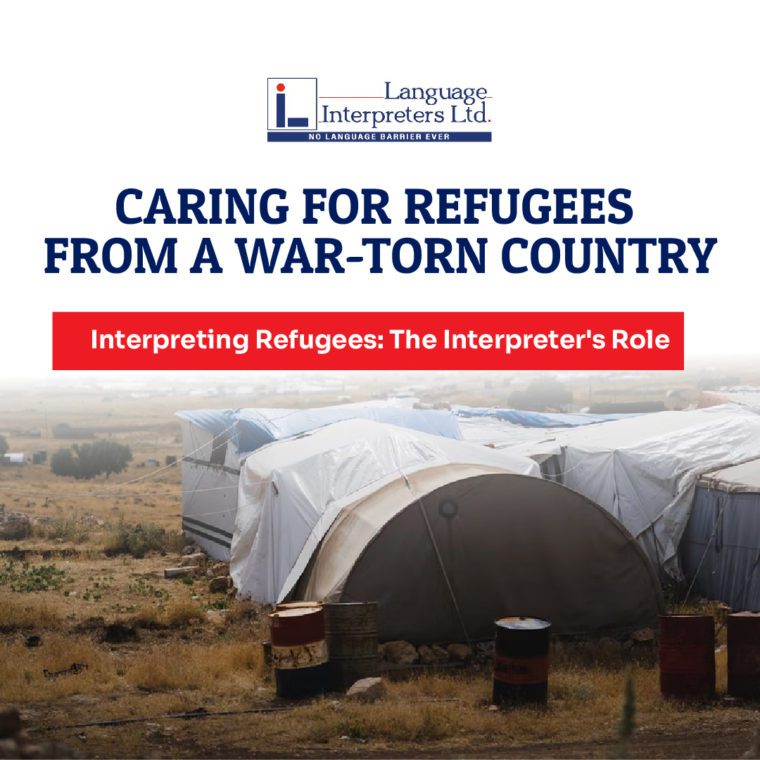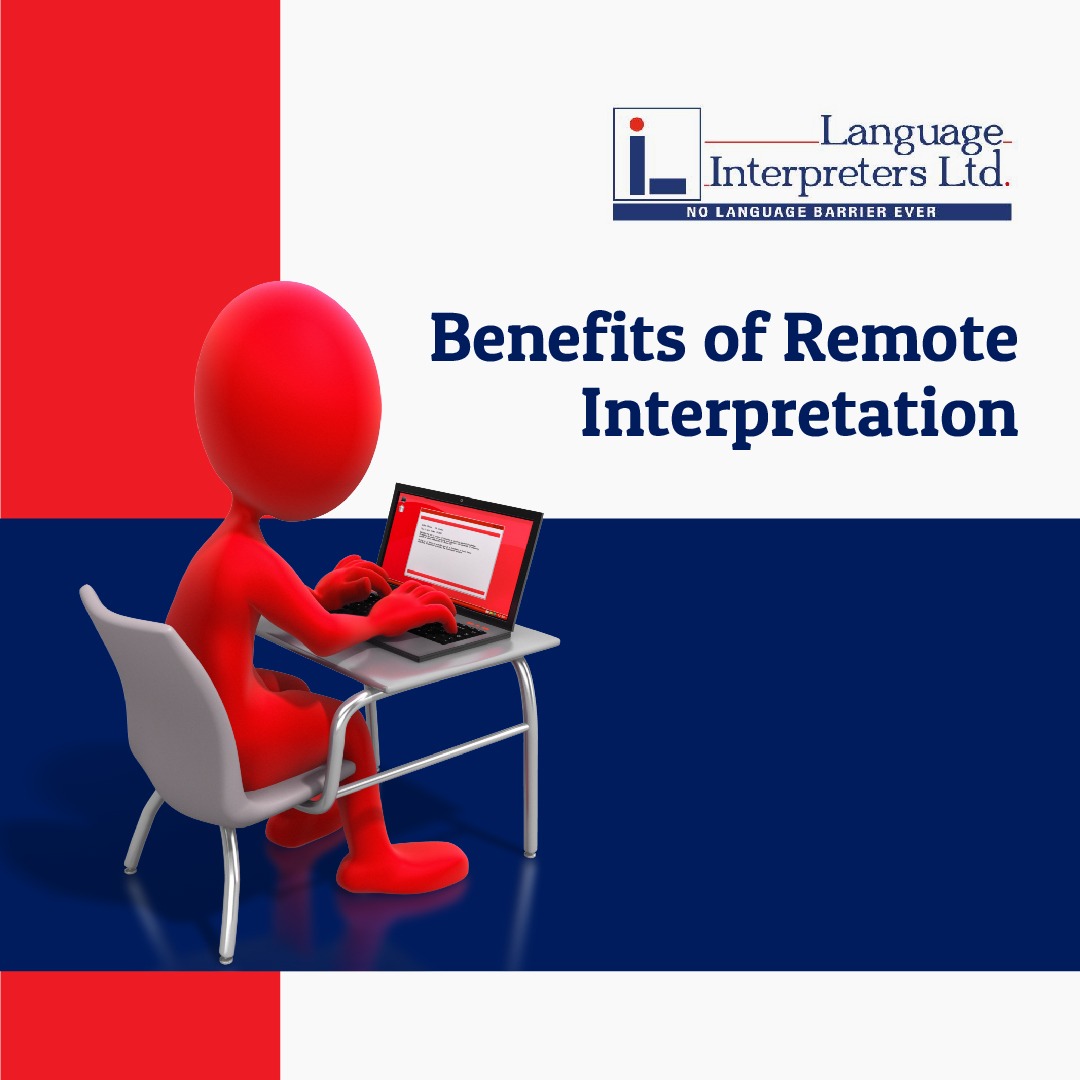Caring for refugees from a war-torn country
Caring for refugees from a war-torn country : It is not easy to flee a war-torn country. It is actually terrifying and dangerous. Many of their possessions have been abandoned. It appears that they will not survive several times, but eventually they do. Refugees experience emotional and psychological strain when they move to a new country after such a traumatic experience – upheaval, loss, excitement, worry, and possible isolation.
In order to make them feel less alienated, it is crucial that they can communicate in their native language from the beginning. Meeting even the simplest needs may become difficult if there is no one to translate what they see and hear. Immigration/Borders agencies, for example, are the first point of contact for refugees in a new country, and they should have access to Interpretation Company, which are able to provide interpreters for refugees’ interactions.
In addition, refugees fleeing a conflict area may need access to medical services. Due to a lack of linguistic understanding, the refugees may be unsure of how to proceed once they arrive in the chosen country. Second, the health care provider will have difficulty communicating with the refugees. With the help of interpretation company like Language Interpreters Ltd, healthcare professionals would be able to more effectively communicate and provide appropriate therapeutic assistance. Language barriers can negatively influence the quality of care that medical professionals provide and result in a more stressful work environment, according to research. The stress levels of medical professionals are significantly reduced when they work with translators to resolve language problems.
It can be crucial for refugees to integrate into their new communities to adjust to their new ountry. When a displaced person becomes an active member of a community, they are able to regain a sense of mutual trust and dignity. Refugees often have little or no money, and it can be difficult to get assistance through interpreters. As a result, friends and family members who are fluent in the new language are often asked to serve as translators and interpreters. Using family or community members as interpreters, on the other hand, may not result in the desired result. While these individuals may have good intentions, they may lack the necessary skills to provide accurate and comprehensive interpretation. Our Interpreters trained in the profession maintain objectivity and correctness by focusing solely on getting the information right and not letting emotions affect their work.
As a matter of fact, governments (including Border Agency, Home Office, Police, Hospitals, Councils, Law firms) and non-profit organisations may be required to provide translation service to displaced people. After all, having an interpreter is one of the best ways for refugees to adjust to their new country until their language skills improve.
Interpreting Refugees: The Interpreter’s Role
Interpreters must maintain a high level of performance. Their job is to ensure that the translation is accurate. It is preferable to ask for clarification if they are uncertain about what is being said. Keeping refugees’ cultural awareness is also crucial because communication goes far beyond mere words and phrases. As interpreters, it is not our role to take sides, so we must remain neutral. In some cases, they may sympathise with the applicant, but they are not supposed to act as his or her advocate. They may be asked to fabricate or lie on the applicant’s behalf. An interpreter who agrees to such a request compromises his or her credibility. A professional interpreter should maintain strict confidentiality about any conversations in which they participate. During refugee interviews, this must be strictly enforced. Interpreters must bear in mind that divulging information about an applicant’s narrative may endanger family members who are still in that applicant’s home country.
Language Interpreters is an interpretation company which often the only ones who can understand precisely what is going on in a situation where services are needed. Along with the limitations, this circumstance provides a certain amount of power. It is the interpreter’s duty to resist the temptation to abuse their authority and instead to use it wisely for the good of the job.
The challenges of translating for refugees as an interpreter
Research shows that stress can negatively affect translators’ productivity and well-being, eventually leading to burnout. It can be very stressful to interpret questions, situations, or remarks that may be deemed morally incorrect, insulting, contentious, traumatic, or taboo, along with deciding how or whether to explain such things. Many of those who provide interpretation services to refugees in asylum proceedings and in medical and psychological settings are also refugees, and a significant percentage of them have previously suffered from post-traumatic stress disorder. A few interpretation company have firsthand experience with original trauma, but many others have either experienced secondary trauma or had exposure to the experiences of others who have experienced trauma while providing translation and interpretation service.
Our services are all centered on establishing a complete understanding of each client’s specific assignment needs. This is no exception. The primary concerns of the client are listened to, questioned and valued. By having a complete understanding of our client’s needs, we can select an interpreter with the appropriate skill set and expertise. Our interpreting service are unique and customised for each client.
Contact us on 0208 123 5556 or email at info@language-interpreters.com




